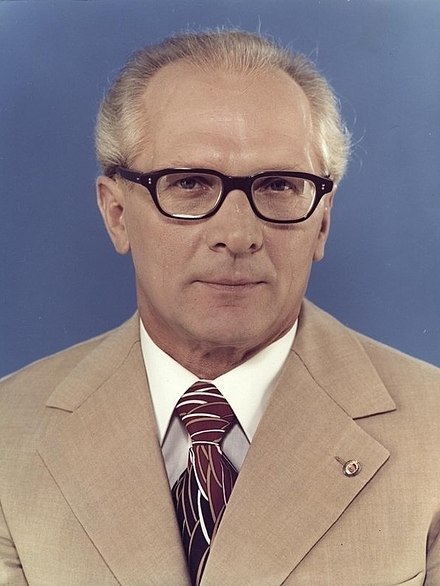First of all, I need to say that, even if it is ignorant, I even do not bother to read philosophical speculations.
I am interested in empirical premises. I’ve heard that there is some research, where scientists, monitoring activity of a person’s brain, are able to predict which switch (s)he’s going to switch, before (s)he does, or maybe before (s)he’s conscious about the choice. This implies that our decisions are results of some chemical processes determined aside of our “free choice” and so called free will is only an illusion, a way in which alternatives presents to us, while the choice is made already deep in our minds unconsciously and maybe even deterministically. Does anybody know this research and could cite it?
Since I am constantly busy, I really sucks in the theory, so could anybody say what’s the Marxist stance on free will if any?

I mean emergent properties, of course. Life itself is an emergent property, as are locomotion, consciousness, thought, emotions, etc.
A rock that falls from a cliff will have a final position, velocity, and duration of fall easily predicted by kinematics. A bird that flies off a cliff does not, nor is it following a gravitational orbit, electron orbit and spin, or any other of the types of motion we’d expect from nonliving things.
If someone were here arguing that bird flight is an illusion because inanimate objects and the constituent atoms that make them up don’t behave that way, we’d think they’re nuts. Obviously bird flight still follows the laws of physics and is not magical, but it’s also certainly not exactly the same as a rock falling.
Likewise, human neurological activity does not violate the laws of physics and it’s not magical, and I never said otherwise. But human thoughts also are not dice, much like birds aren’t rocks.
A valid proof in logic is to say that there exists an exception to a universal rule. I gave a definition if free will above that says that free will is decision making not determined by physical forces. If our universal rule is that everything is determined, then simply showing at least one exception exists (example: probability) shows that it’s not universally true that all things are determined.
That alone should suffice to show there is no evidence that human thought is 100% constrained by determinism, but there was also the claim that complete knowledge of the system would show that human thought is determined. However, we already know the inherent uncertainty of getting complete knowledge at the quantum scale (via the Heisenberg uncertainty principle,) that probabilistic micro events can have macro effects on the world (via Schrödinger’s cat,) and that small changes in initial conditions can have unpredictable results via chaos theory. So even if we had a supercomputer that we thought had complete knowledge, we know from physics that there is still the possibility of an unobserved quantum event causing macro changes resulting in something the machine didn’t predict. This makes the claim that we could ever predict all of human thought entirely inscrutable.
In short, there is a lack of evidence that free will is an illusion, and claims that we could disprove free will with more knowledge are inscrutable. Without further evidence, the best we can say is that free will is an apparent property of human thought, and trying to call it something else is just semantics at this point.
Suppose that human decision is in some amount random, by any cause. How this proves that human makes free choice, not determined by laws of physics?